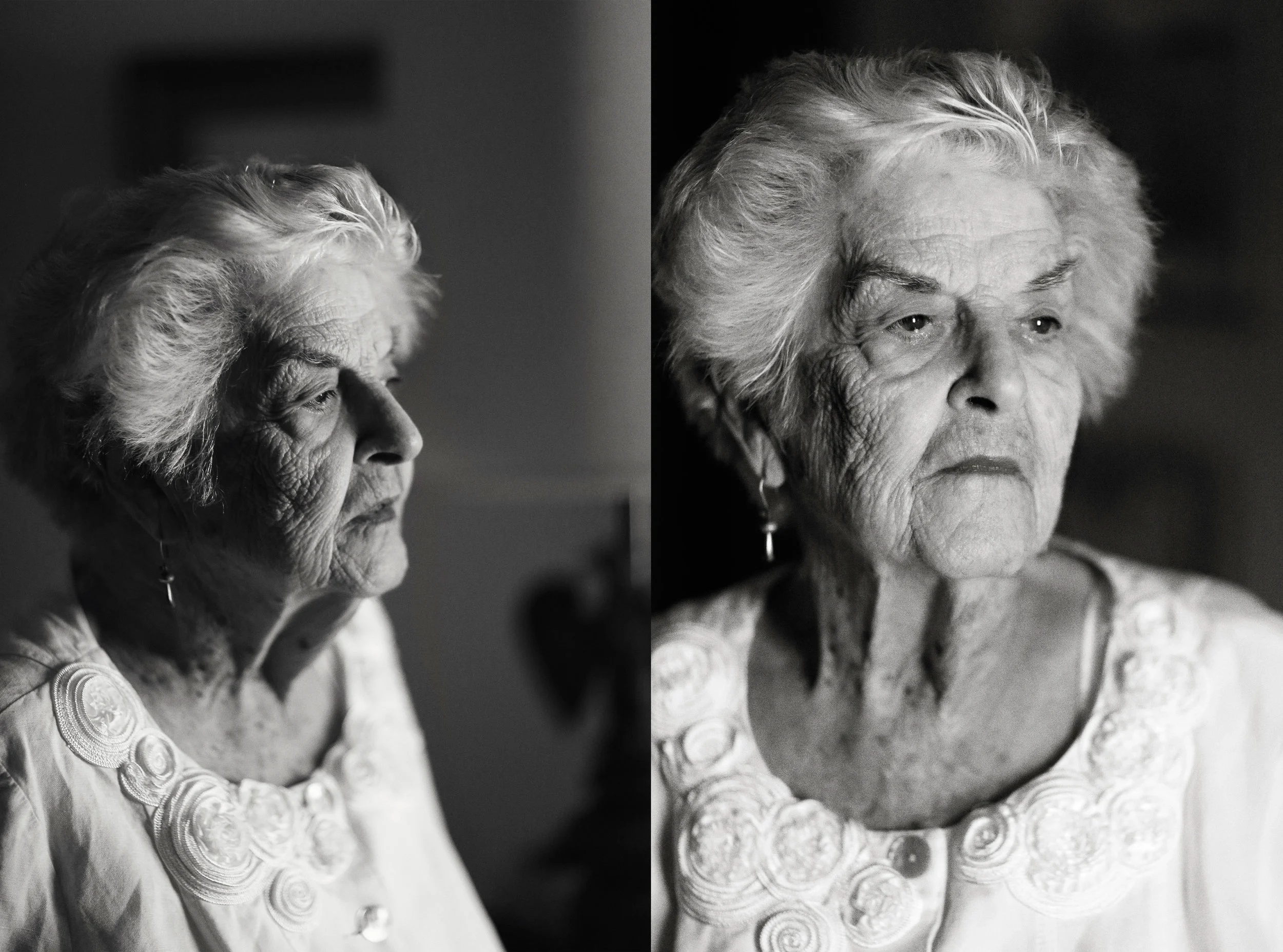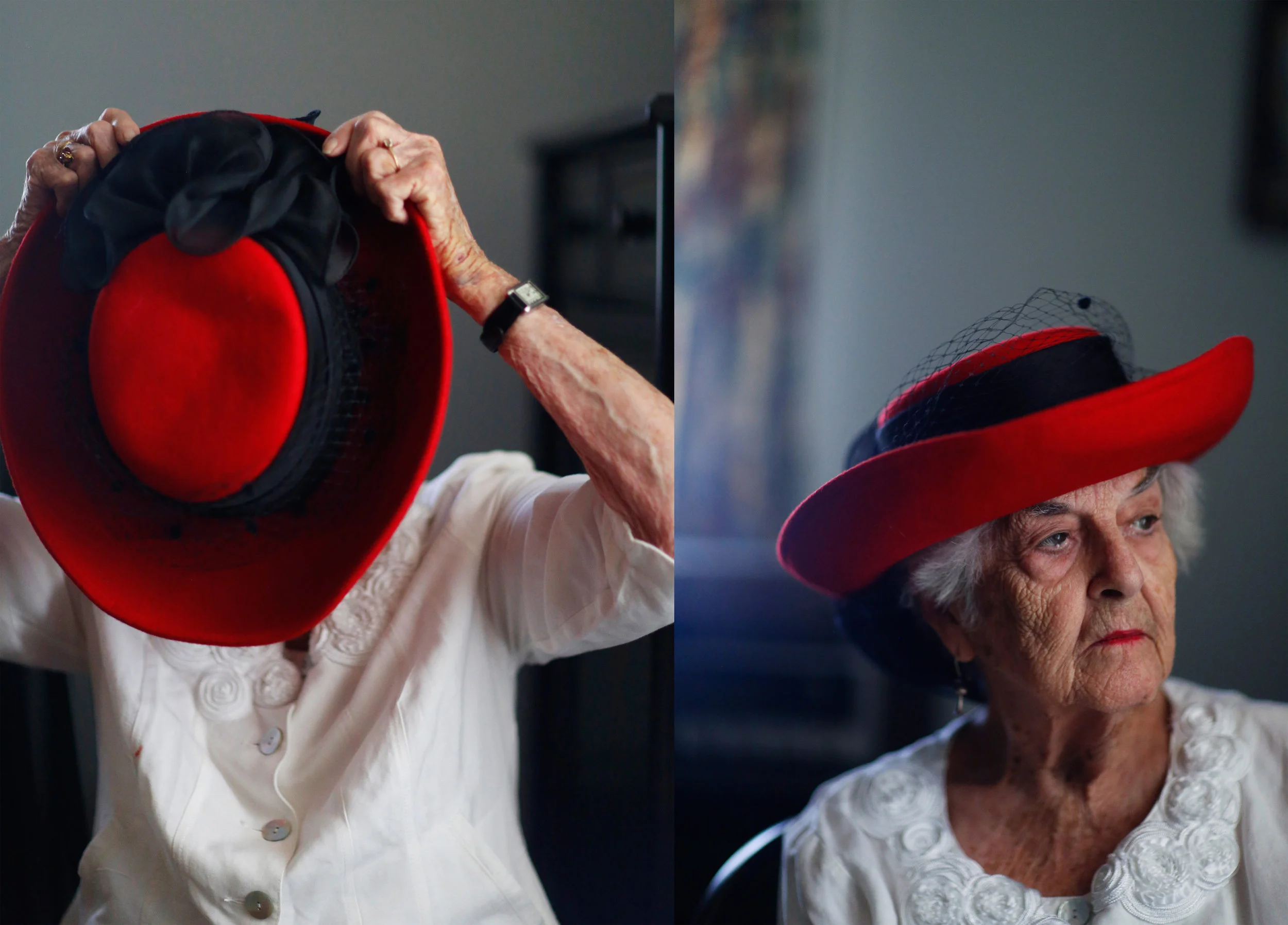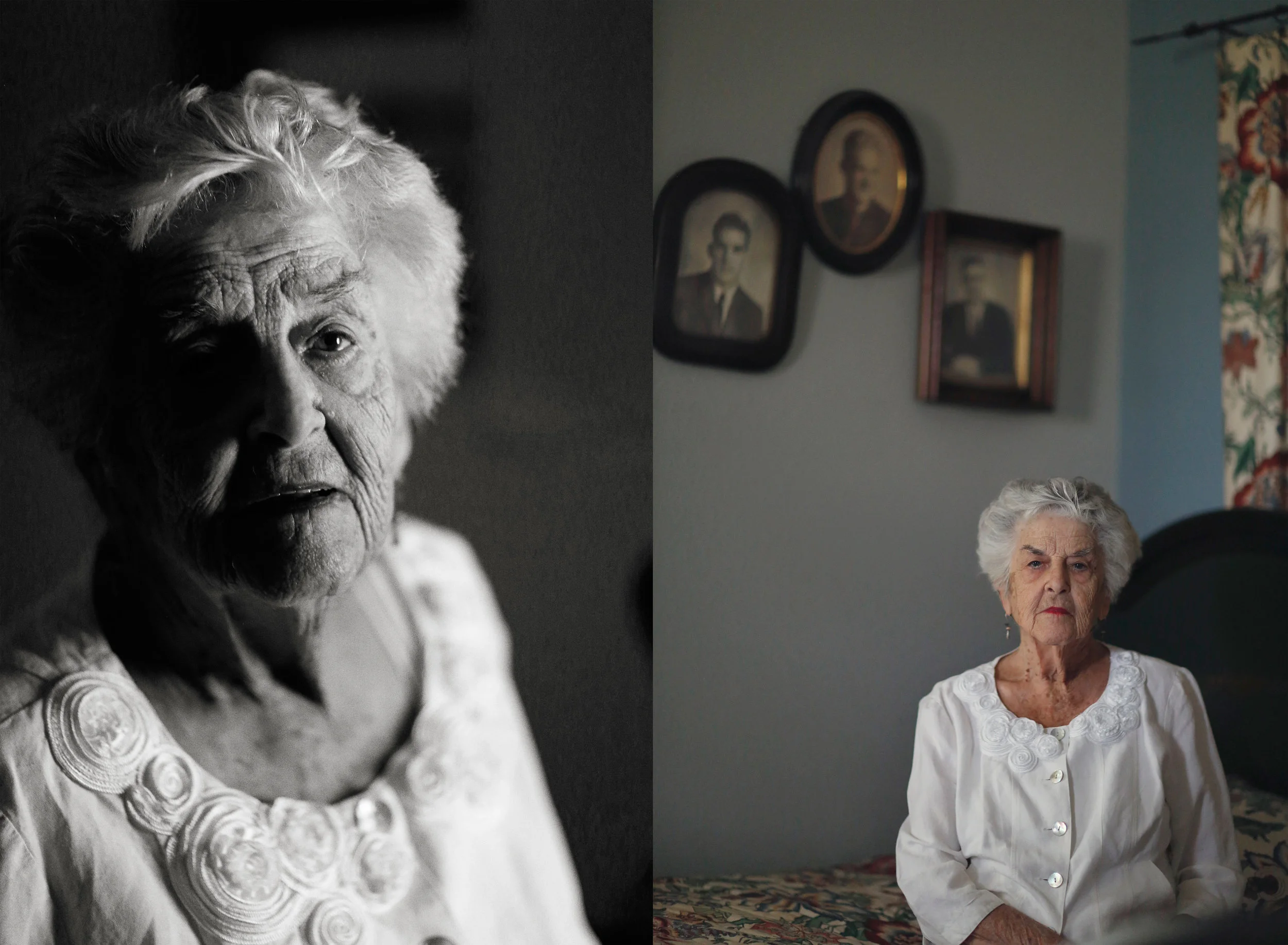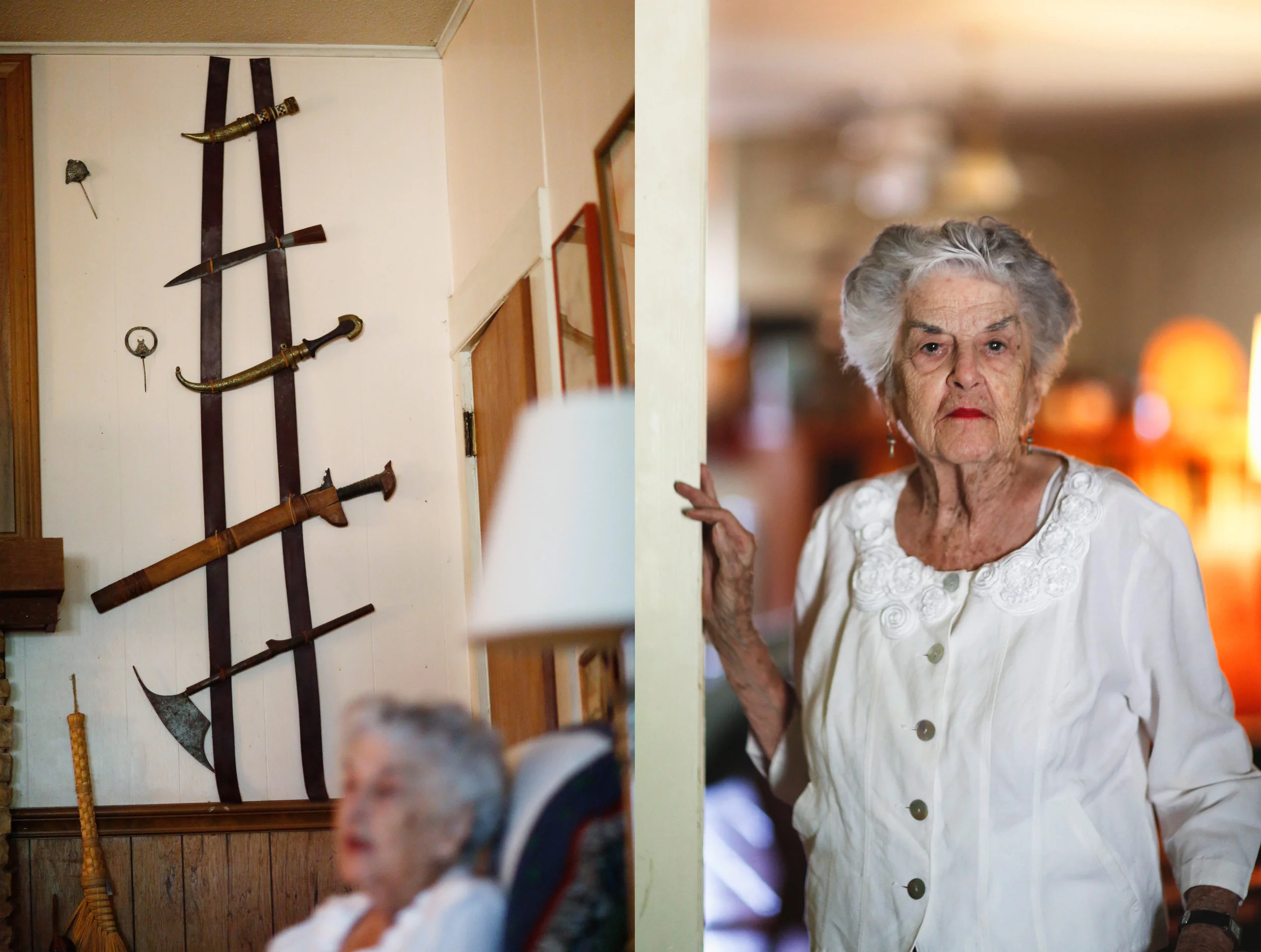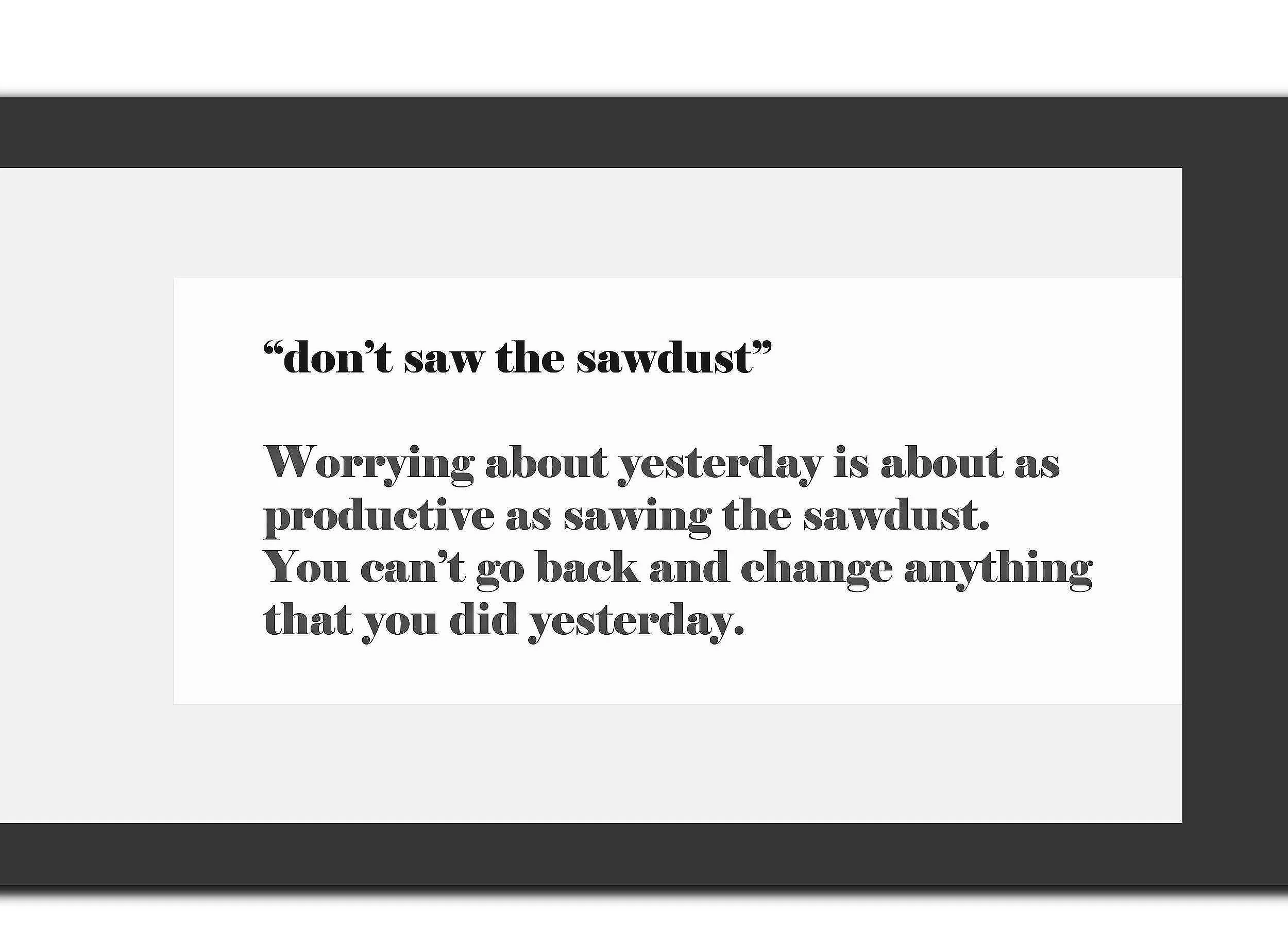The Real McCoy, Business Woman, Trailblazer, Goldthwaite, Texas
Year after year, perennial seeds and plants will fill your garden beds promising a repeat bloom. Over three decades ago Hazel McCoy seized the opportunity and started planting multi-year plants. She showed that such a feat could be achieved in her home state of Texas, on a commercial scale no less. To be a female trailblazer, especially in that day and age, one had to be extra tough, grow thicker skin, while still maintaining a sense of decency and probably humour. Hazel tried her luck, saw her business flourish and left competitors scratching their heads.
It was a treat to chat with Mrs. McCoy. She tells it like it is, and with her track record, you best sit quietly and listen. Hazel is not only an expert at all things perennial (and dare I add, flora) she is also an outstanding and caring member of her community, is respected and adored. It’s incredible to think about the strength and perseverance it took for her to keep on track and stay focused given all the obstacles of growing up in a day and age when ambitious and passionate women weren’t necessarily backed by the society at large. Please enjoy the interview with Mrs. McCoy.
*Please note that the interview has been transcribed, edited and formatted for clarity while maintaining the intent and integrity of the interviewee.
1. Name.
Hazel Jane Tuttle (maiden name) McCoy.
2. Where is your hometown?.
Mansfield, Ohio.
3. What was the journey like to get here?
I grew up Mansfield Ohio, went to Ohio State University, and then moved to Weatherford, Texas after my husband and I bought an orchard with 2,500 peach trees.
4. What did you study at University?
I majored in dietetics (the branch of knowledge concerned with the diet and its effects on health, especially with the practical application of a scientific understanding of nutrition) and got a minor in Chemistry; I wanted to be a doctor but had two younger brothers. I knew my parents couldn’t put all three through medical school, and I knew the next best thing was to become a nurse. At the time, my mother told me that I wasn’t strong enough to be a nurse, but later in life when my mom saw what I was doing in terms of work on the ranch, she apologized and said that I could have handled being a nurse. Since my mother majored in dietetics, I majored in dietetics too, and she told me that maybe I could marry a doctor one day. Instead I decided to marry a rancher.
5. What was it like when you entered a workforce?
During World War II, I worked as a chemist in Cleveland Ohio, for a company that made tapered bearings. Instead of a ball bearing, the bearing was tapered, bigger at one end. I was 20 years old when I moved to Cleveland and worked there when my husband was in basic training. He flew B-24 bombers. My role in the lab was to do whatever was needed. It was all women working there. Men were all called into service so we did it all. Of course, somehow the head of the lab was still a man, go figure. I also worked at the North American Aviation in California making P-51’s, the fighter airplanes. Unlike Cleveland, in California I was the only woman in the lab.
6. Did you have hard time being taken seriously?
Times were different then. Here is one story from that time. The head of the lab, came up to me one day and said he would like to take me on a date, have dinner or whatnot. “Do you know that I am married?” He said he knew. “Well I don’t do those type of things!” I rebuffed angrily. He dropped it that instant, but later tried again several times, claiming it was my “patriotic duty” to keep him entertained and happy. Then I really let him have it!! I was the only woman, and I had to stand up for myself. It sure was a different time. If that happened today, he would be on the front page of a newspaper for sexual harassment.
Truthfully, I was constantly worried about my husband. He was a gunner and a mechanic and quite often there would be a headline here and there about B-24’s going down, men lost, and I would worry it was him. Since letters would be intermittent, it was the way for women, to worry like that during the war.
7. What was the ranch life like during the peaceful times?
My husband managed ranches from Fort Worth to El Paso and we ended up with a great opportunity to buy a ranch of our own in New Mexico. What we didn’t know at the time was you cannot keep hunters off your land during the hunting season. It was perfectly legal in the state at the time. I just so happened to be raising two young boys who were out and about on the land, exploring. When one of my husband’s partners got shot twice accidentally, through the brush I put my foot down. I wasn’t going to endanger my family with stray bullets. So we moved on back to Central Texas, to Goldthwaite, in 1965.
8. How did you end up starting your own business?
When I was a little girl my dad had nursery and a garden center. I was always around plants and agriculture was always in my blood. I often say that if at the time, while I was in college in 1930s, it was socially acceptable for women to go into agriculture, I would still be living in Mansfield running my dad’s business. But girls didn’t do that at that time. And my life took a different turn.
9. What gave you courage to take the first step?
I had a friend in Carlsbad who was wealthy and widowed. She bought a hotel and ran it after her husband’s death. I asked her why she would buy a hotel when she didn’t have to financially struggle at all? She said that it was about proving to herself that she could make a living on her own and run something independently. I understood and could relate completely.
After my husband Bob died, I found myself reading garden magazines. There was an advertisement in one, highlighting a perennial meeting in Ohio. Just so happened, I was headed that way to visit my family. So I reached out to the meeting organizer and asked to be included.
Perennial is a plant that lives more than two years, as opposed to shorter-lived annuals and biennials. At the time, in Texas, you couldn’t purchase any perennials. Having experience in the orchards, ranches and nurseries, I knew that perennials would grow just fine in Texas. That’s how the idea was born. There was only one wholesaler at that time serving the whole local market, so I went ahead and became a business woman. I bought thousand plants and built a greenhouse. I didn’t wing it in terms of design, I am proud to say!
I spoke with a dozen men who owned nurseries and had “initial discussions” with a dozen more. Most of them couldn’t get it through their heads that I was proposing a real business. Most of them met me with cool reception and flat out skepticism. When I had to enlarge my greenhouse twice, they got the message, on how real the business idea it was.
10. What was it like to see your business grow?
It was wonderful. I had a van, and I would drive it to the garden centers all over the Texas state.
I first focused on areas as far south as Austin, as east as Waco, as far north as Abilene, and far west as San Angelo. Together with my little dog, we would take off in the van and sell the perennials each week. That was quite a life.
11. What was your favorite part of running the business and how did you decide to step away from it?
I am a very strong feminist. The part that pleased me the most, was meeting countless women in the garden centers, knowledgeable and passionate women. I dealt with a lot of them. I met a long of strong women, all over Texas!
Over time, I decided I wanted to take a break from the driving and local travel. I loved running my own business, from the first week in January to the middle of June, when I would water the plants and take care of everything else that was needed to sell the plants in the second half of the year. I loved it all. But I never had time to take a break to really travel. I realized I wanted to see more of the world so I decided to sell my business.
12. Was that difficult?
No, I was ready and didn’t look back.
13. Where did you travel? What were some of your favourites?
Spain! I loved Spain. I can speak Spanish a little. I tell people that I am fluent enough to “build a fence” in Spanish. I have been to France, Portugal, England, Scotland and Greece.
I took a landscape design course in Cambridge, England. Interestingly enough, my professor lived in Norfolk and offered to host anyone willing to travel. My husband’s air base during his time in World War II was in Norfolk, so I went to visit my prof and got to see the air base (which at the time was owned by Lotus car manufacturer who had bought the base and used the runways to test the cars). I visited a museum dedicated to air men and walked around the base where Bob served. This was a special experience for me that I will never forget.
14. Do you think today, women can be all that we can be?
I think we can. Women need to mentor women.
The only mentors I had, after my father’s passing, were my two brothers. My younger brother was a florist and my oldest brother inherited my dad’s nursery. I remember the first Christmas when ordered all my inventory, built my own greenhouse and planted the flowers, I called my brother Chuck and told him what I had done. He said he was glad for me. I said, “Chuck!! When we spoke six months ago, you thought I was just nuts to even think about doing this!” His reply: “Well, hell sister, you are in it now, I might just as well be happy for you!”
15. What extra-curricular activities you are most proud of?
I was the president of the Garden Club for the State of Texas for two years. The responsibilities were to oversee the 11,000 members and try to keep the peace among them. The peace had been greatly disturbed the two years prior, so it was also about mending fences. I enjoyed the job and caring about the organization. Before I ran the whole state, I presided over individual districts, and specific groups. This was all in pre-computer age, so much was done over telephone. Somehow we managed though.
I enjoyed teaching Sunday school classes. Barely missed a week in the last 50 years.
I like to write. When I would get upset about something, I would write it down. It is a side hobby. When I was the president of the district, I would write a newsletter. In every church I have been a member, I have written a newsletter. My section, was called “Over my Coffee Cup”, which updated the residents on the happenings in the town. You can still find my articles in the Goldthwaite Eagle newspaper these days.
16. What is your advice to women?
You keep telling me I look elegant, but this is not going to sound elegant. If you want something, go after it! Even if you don’t look the (elegant) part in the process. I really mean it, go for it! When my first plants were ready to sell, someone in my family commented: “alright, you can grow them, now you got to show us you can sell them!” So I loaded some plants in my car, and drove straight to Austin. Somewhere along the drive I went through the Yellow Pages, down the list of the largest nurseries, and went straight to the nursery with the biggest ad. I sold my plants there. From then on, it was word of mouth.
The next year, with higher demand, I bought a van that would help me deliver more plants. I looked for efficiency everywhere. I once happened to be at a garden center when a wholesaler delivered geraniums in big pots. I noticed how the delivery trucks were filled with specialized plant shelves so I set out to re-design my van accordingly. Finally, when I showed my sons the redesigned van, they realized that their mother knew a little bit of what she was doing/saying all along.
17. Would you do anything differently if you had another go at life?
(long pause). I couldn’t find anyone interested to join me in business. My family helped me but mostly it was just me, day to day, year after year. I had a fax machine and on Sunday I would send a list to my customers of what I had ready and what was growing and blooming. I would water and spray the next few days. Thursday I would spend part of the day and night loading the plants, and Friday I would drive around and make deliveries. For additional cost, I even delivered during the week. It was heavy physical work. The flats would have 20 plants and when they were wet they were heavy.
18. Did you ever feel there were trade-offs between family and running your business?
No, because at that time I didn’t have any family here with me. My sons (Jim and Michael) were grown and married. I was free to start anything I wanted.
19. Can you have the best of both worlds today, work and home life?
I was born in 1921, my husband died in 198I. I wasn’t young (when I started the business). Probably if he had lived, I would not have run my own business. He was an old-fashioned man who thought a woman should not work. But boy, did I work! When you live on a ranch, you work like a dog. I learned to ride a horse, I learned how to vaccinate cattle, I did all that, besides taking care of the kids and the home. My husband did not approve of me being “formally” employed. And it was not worth fighting over. I had all I wanted at the time. He expected to have three meals prepared at home. And I don’t resent that. That was the way most women did it. Now I look back at everything, and I can say I am fortunate to have had the best of two worlds, or more accurately three worlds!
When I started my business my children were grown. If I had young children at home, I would not have done it. The family is still first in my book. My granddaughter, who is in Dallas, brought her significant other down recently. Poor boy, I felt sorry for him. You just don’t know this wild McCoy family.
20. What do you want to be when you grow up? WELL, WHAT IS THERE LEFT TO DO, I REALLY DON’T KNOW. I HAVE LIVED A VERY SATISFACTORY LIFE. I HOPE I HAVE BEEN A GOOD EXAMPLE TO MY BOYS. I THINK THAT IS WHAT WE ARE PUT ON EARTH TO DO, TO BE GOOD MENTORS.
It is important, and if I can, in anyway, share the mistakes and right turns that I have made, I want to. I hate to see people make the same mistakes I made. I have no regrets. What can you regret when you don’t know the alternative path? Did I wish to become a doctor? Yes, but I couldn’t, so I don’t regret it. I read somewhere, “don’t saw sawdust” which really says it all.
I do want to honour the promise I made to my husband - that I would write my memoir. Let’s see!
21. What are you reading at the moment?
I am reading a wonderful book my niece gave me. My niece is like a sister to me, she lives near Tacoma park in DC. We went to Santorini together and it was spectacular! It was wonderful. The book she gifted me is called “Braiding Sweetgrass”. It is a story by a native american teacher and philosopher. It is not a book you read in a hurry.
22. Who is your WOW Woman?
My sister in law comes to mind, its too bad she is not alive. She started her career studying Chemistry at Ohio State University. She then went on to study in University of Alabama, and became an aeronautical engineer. We lived together out in California. Then she moved to Dallas and worked with Chance Vought aerospace firm. She was a female aeronautical engineer when there weren’t a lot of them. She built and designed her own house too which was unique. We travelled together. Once we went to Europe, I said I wanted to see Morocco. Why Morocco? Because my 5th grade geography book had an oasis in it. And I wanted to see what a real life oasis looked like. And I did! It was wonderful!
23. What are ingredients to a good life?
Be happy with what you have. If you’re not, try to change it if. If you can’t, be happy.


